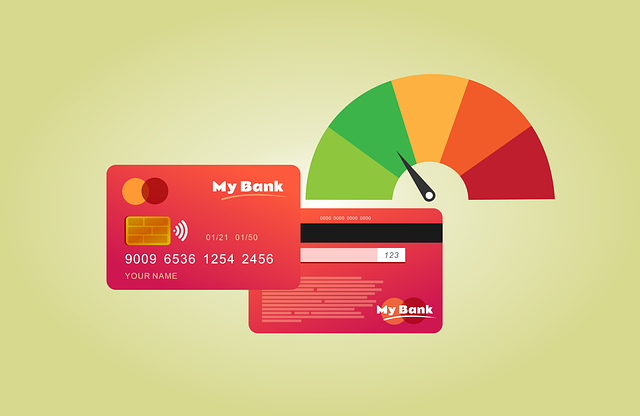If you want to raise your credit score, there are a few things you should know. First, if you have a high balance, make sure to pay it off every month. Also, you should monitor your credit report closely to make sure your score isn’t fluctuating too much.
Pay off your balance each month
When it comes to improving your credit score, paying off your balance each month is the best way to go. By paying down your debt, you’ll reduce the amount of interest you pay, freeing up money for other types of debt. However, you may have to wait a few months before you start seeing changes in your credit profile.
While paying off your balance each month won’t get you rich, it does show your lender that you can handle money responsibly. It also helps to keep your utilization ratio under 30%. Using less than a third of your available credit can help you maintain a strong credit score.
If you have a high-interest credit card, you might consider applying for a personal loan. Personal loans have lower interest rates, and they often come with low fees.
The most important aspect of your score is payment history. To get a good rate on a mortgage or car loan, you will need to show that you can manage your bills well. Making timely payments won’t hurt your score, and will ensure that your account remains in good standing.
Other ways to boost your score include making small monthly payments and keeping a rainy day fund. Keeping a balance low will help you avoid interest, and will help you keep a solid utilization rate.
Don’t take out a loan just to increase your credit utilization rate
There are many things you can do to improve your credit score, but one of the most important is keeping your credit utilization rate under control. High balances on credit cards can hurt your credit, especially if you are trying to get a new loan or mortgage. By using less credit, you can keep your score healthy and pay off your debt sooner.
The credit card industry estimates that over 30% of your FICO Score is determined by your credit utilization rate. It’s a good idea to keep this number in check, but the best way to do it is by making sure you’re always paying your bill on time and never overspending.
There’s no hard and fast rule as to how much credit you should use each month, but a general rule of thumb is to never exceed more than 10% of your total credit limit. If you do find yourself using more than that, ask your card issuer for an increase in your limit.
Keeping your credit utilization rate under control is one of the easiest ways to raise your credit score. Credit card companies are more than willing to boost your limit if you’re an active user. You can call and ask for an increase, or you can sign up for an online account.
Monitor your credit score’s fluctuations
There are many different factors that affect a person’s credit score. Taking the time to understand these factors can help you better understand how to improve your score.
One of the best ways to monitor your credit score’s fluctuations is to take a look at your credit report. This will allow you to check for inaccuracies that could be negatively impacting your score.
Credit scores are calculated based on a snapshot of your credit report at a certain point in time. In addition, your credit report contains a variety of data that is constantly changing.
Your score may drop due to late payments, increased debt, or a change in the mix of your accounts. These events stay on your file for up to seven years. If you notice a large decline in your score, contact the credit bureau or your creditor to see if there’s a reason.
You can also improve your score by paying your bills on time. A good rule of thumb is to pay your credit card balance in full every month. This will keep your utilization rate from fluctuating.
Your total credit limit is about $20,000. To increase your credit score, make sure you are using less than 10% of your limit at all times.
